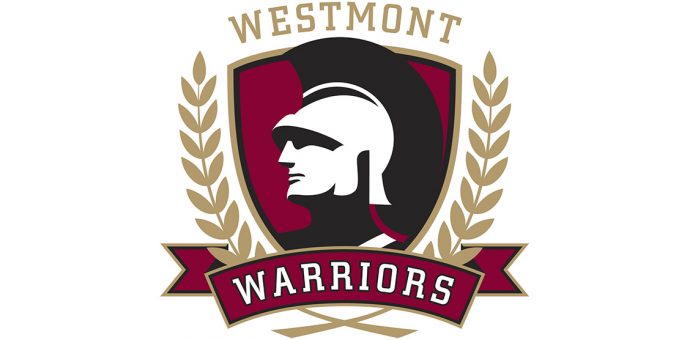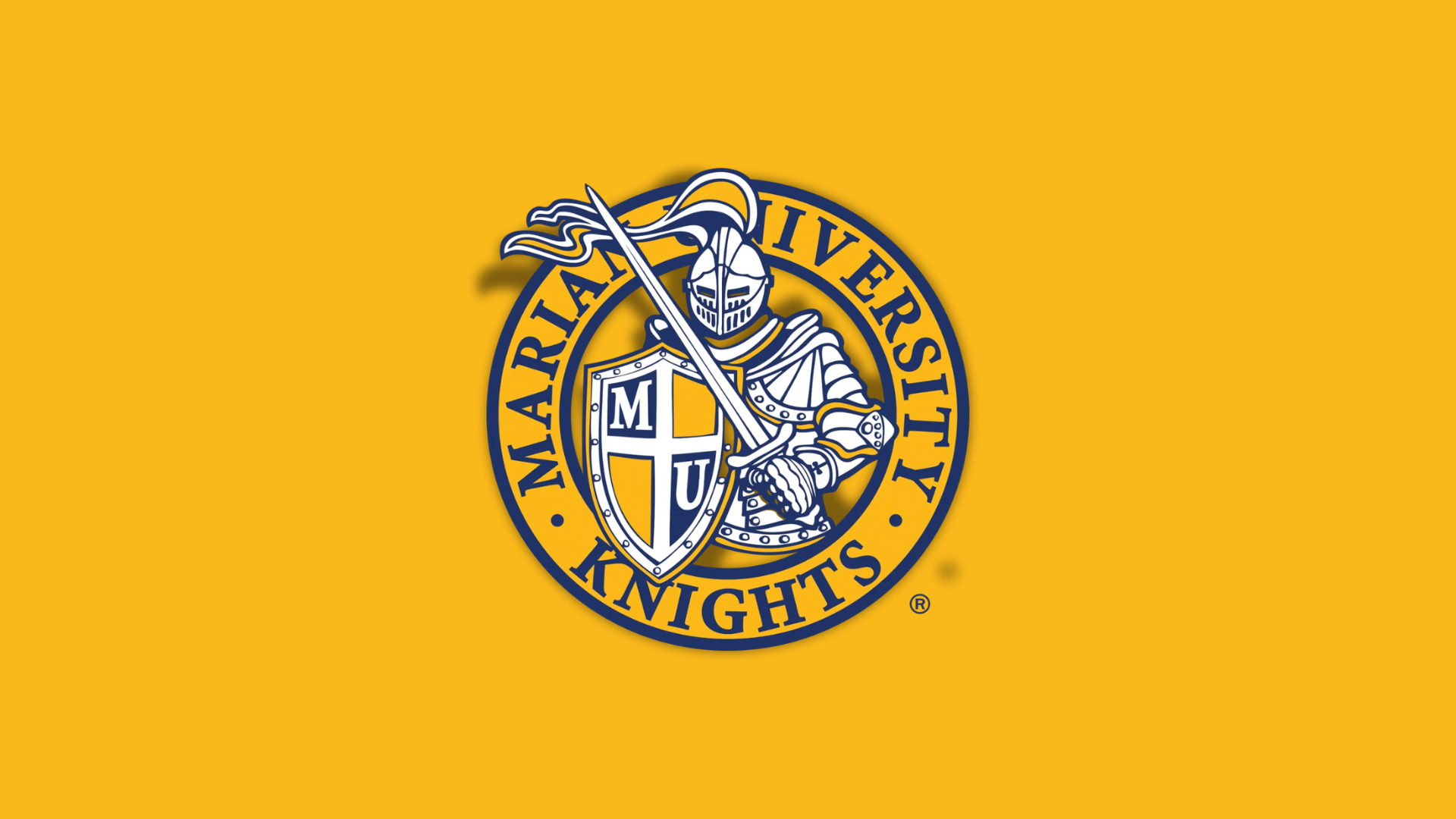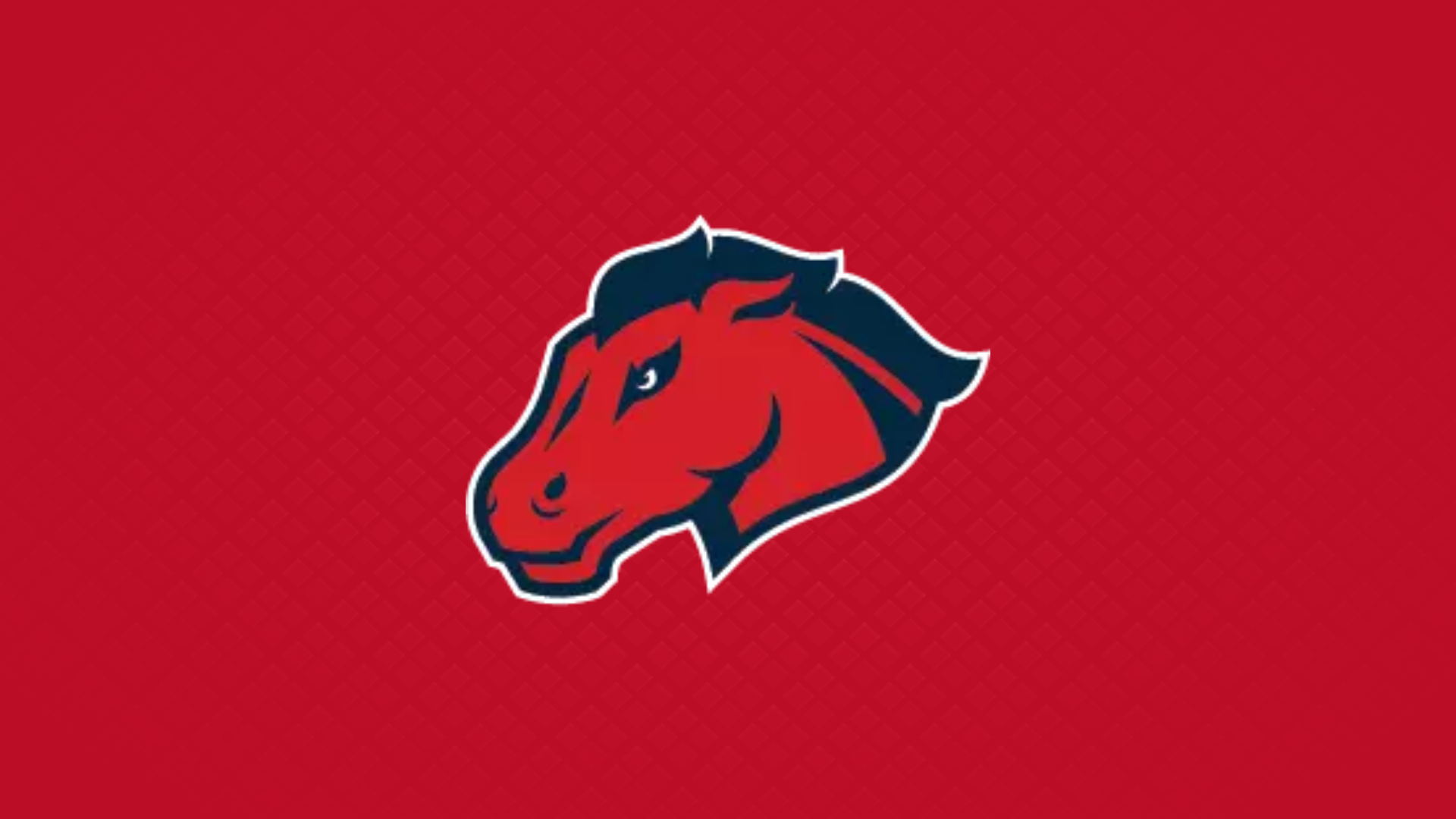Westmont men’s basketball head coach John Moore, the Warriors’ longest tenured and all-time winningest coach, is ending his coaching career after 27 years at the helm of the storied program. Moore will continue to serve as an associate professor of kinesiology and associate athletic director.
“It is hard to imagine 27 years have passed since that first year when Jeff Azain and I coached a team of players whom today I call lifetime friends,” Moore said. “Every team Jeff and I have coached has been unique, and while we have had success on the court, it has paled in comparison to the friendships our players have forged and the growth our men have experienced through their time at Westmont.
“I have always believed coaching and teaching at Westmont have been what God has called me to do. It is in these deep bonds of brotherhood that God has done his finest work. And for this I am eternally grateful.”
Moore departs from his illustrious tenure following perhaps his most successful season, one for which he was honored as the 2019-20 NAIA Men’s Basketball Coach of the Year. It marked the first time a Westmont men’s basketball coach had been selected by his peers for that recognition.
After beginning the 2019-20 campaign with a 14-game winning streak, the second best start to a season in program history, the Warriors won the Golden State Athletic Conference regular-season championship with a 15-3 record in conference play. All five starters averaged double-digit scoring, led by junior guard Abram Carrasco’s 18.9 points per game (ppg) and senior forward Justin Bessard’s 15.1 ppg.
“I would especially recognize this past year’s group as the last team I will have coached at Westmont,” Moore said. “They have played this game the Warrior way. They have been tough, smart and unselfish, and they have honored the game and each other, a seeming amalgam of all past teams.”
When the NAIA announced the national championship field in mid-March, Westmont, who boasted a 26-5 overall record, was named the seventh overall seed, the highest in program history under the current tournament format.
Unfortunately, Moore was unable to take his team to the national tournament in what is now known to be his final year as head coach. The day after the tournament bracket was released, the NAIA canceled the national championship due to concerns over the COVID-19 pandemic.
“My sole regret this season is that we were unable to compete in Kansas City, as it would have given us even more time together and one last chance to battle for a national championship,” Moore said.
Moore accumulated a 558-278 (.667) record in his 27 years as Westmont’s head coach, leading the Warriors to 14 NAIA national tournament appearances, including in each of the past six seasons, a program-record streak.
His 1998-99 squad, led by senior forward Brian Gomes, went 29-6 and reached the tournament semifinals. Gomes averaged a double-double of 15.1 points and 10.2 rebounds per game.
In the 2002 tournament, Moore led the team to a quarterfinal appearance with junior forwards Chris Clark (18.8 ppg) and Mitch Pierce (13.3 ppg) leading the way. The team finished with a 22-10 record.
The 2014-15 team reached the national championship game for the first time in program history behind sophomore guard Cory Blau (16.4 ppg) and senior center Daniel Carlin (13.6 ppg). After defeating GSAC-rival Hope International in the semifinals, 70-69, Westmont lost to Dalton State (Ga.) in the championship game with Carlin on the bench due to severe flu-like symptoms.
“Of course I will have fond memories of games in Kansas City and Tulsa representing Westmont,” Moore said. “But even those memories, as sweet as they are, do not compare to the joy we experienced together daily in Murchison Gymnasium and on Kammerer Court.
“I would like to say thank you to my assistant coaches, especially my most recent ones – Jeff Azain, Landon Boucher, Rob Goodrow and Larry Knapp.
“A special thank you also goes to the three presidents; David Winter, Stan Gaede, and Gayle Beebe; and the three athletic directors; Ron Mulder, Dave Wolf, and Dave Odell; I have served under.”
Over the years, Moore has seen 15 of his players named NAIA All-Americans and another eight earn Honorable Mention All-American honors. Additionally, 11 of his players were selected as NAIA Scholar-Athletes.
At the conference level, Moore has coached 42 All-GSAC selections, including two GSAC Players of the Year – Gomes (1997-98) and Carrasco (2019-20).
His teams have captured two GSAC regular season championships (2012-13, 2019-20) and three GSAC Tournament titles (1993-94, 1995-96, 1999-2000). Three times, Moore has been named the GSAC Coach of the Year (1998-99, 2012-13, 2019-20).
“Coach Moore built on what his coach and mentor, Chet Kammerer, got started at Westmont,” Westmont Athletic Director Dave Odell said. “He carried on a tradition of excellence and made high expectations and solid results a hallmark of consistency.”
Moore’s connection to Westmont began when he played for the men’s basketball team during the 1976-77 and 1977-78 seasons after transferring from Cypress College. As a Warrior, Moore dished out 422 assists, the fourth-most in program history. His 6.9 assists per game is the third highest mark of any Warrior.
“It was 44 years ago that I came to Westmont College to play for Chet Kammerer,” Moore said. “While here from 1976-78 I was taught and coached by Chet and Randy Pfund, two men who have become deep-rooted friends. To say that my two years at Westmont transformed my life would be accurate.
“It is fixed in my memory the night Chet and I drove down to Orange County to take in a baseball game at Angel Stadium and spend time with a recruit. Halfway there, Chet asked me if I would be willing to read a book that he wanted to give to me. That book, Mere Christianity by C.S. Lewis, has become my lifelong companion and through that book and many ensuing conversations with Chet, Randy and teammates like Mark Miller, I came to faith.
“Fifteen years later, in 1993, it was my distinct honor to follow in the footsteps of my mentor, Chet Kammerer, as the men’s basketball coach at my alma mater.”
Kammerer credited Moore for continuing the Westmont men’s basketball program’s tradition of excellence, which he said began with previous Warrior head coaches Jack Siemens, Tom Byron and Ron Mulder.
“My words are insufficient to express John Moore‘s impact on the history of Westmont basketball,” Kammerer said. “It was an honor to coach him and it was a pleasure to observe him as a coach. As a player and coach, his basketball IQ, character, leadership and tenacity were on display.”
Odell added: “Coach Moore will be remembered for his toughness. Coach was one of the toughest players ever to take the court at Westmont and his best teams were the ones that took on that character and battled in the way he played. Coach had a way of getting guys to play harder than they thought they could.”
“He will be remembered as an X’s and O’s pioneer,” Odell continued. “The way he adopted and then innovated the Princeton offense made any matchup against the Warriors a challenge.”
That was echoed by Moore’s close friend and Biola men’s basketball head coach Dave Holmquist, who holds the fifth most wins (992) of any college basketball coach in history across all levels.
“From 1993, when John was hired at Westmont, until 2017, when Biola left the NAIA, I competed against many fine coaches. But John was clearly the best,” Holmquist said. “He coached many excellent players, but his teams were always better than they should have been.
“In reflecting upon his career, I am reminded of words spoken by a fellow coach when describing the great Alabama football legend, Paul ‘Bear’ Bryant – ‘He can take his and beat yours and he can take yours and beat his.'”
Holmquist and Moore formed a special friendship dating back to 1976, after they had played for the same junior college coach, Don Johnson, who earned All-American honors at UCLA under the legendary John Wooden.
“We came out with the same philosophy,” Holmquist said. “In terms of life, we have a number of the same interests and it’s been a friendship that has grown over time. Competition never hurt the friendship at all. We valued the friendship much more than winning a couple games. It’s grown stronger over the years.
“Competing against John forced me to become a better coach, but more significantly, his close friendship over the past 46 years has made me a better person. I’m saddened that he will no longer be coaching, but thankful for the impact he’s had on so many people.”
Moore received praise from another lifelong friend, Kammerer.
Kammerer said: “John Moore is a remarkable, humble and selfless man. In fact, the Moore name has left a legacy in the history of Warrior basketball.”
A legacy that goes beyond his or his team’s play on the court.
“John is very competitive, but John is very kind,” Holmquist said. “I’ve always felt that he’s had a real heart for his players, that he cares about them. You get closer to some players than others. You’re not equally close to everyone you coach, but my sense is he’s really had good relationships with his players, current and former.
“That’s always been a real strength that he’s had. He went into coaching for the right reasons and I think the relationships mean a lot to him. I think he’s really valued that and I think his players have felt that, so it’s been a healthy union.”
The relationships Moore developed with his players are one of the many reasons he is thankful to have had the opportunity to coach his alma mater.
“When President David Winter and Athletic Director Ron Mulder hired me in 1993, I was not simply returning to my beloved alma mater, I was coming home to my dream job,” Moore said. “I am forever grateful to Ron and President Winter for bringing me home in 1993.”
Story Courtesy: By Ron Smith and Tim Heiduk
https://athletics.westmont.edu/news/2020/5/8/200508_MBB.aspx





